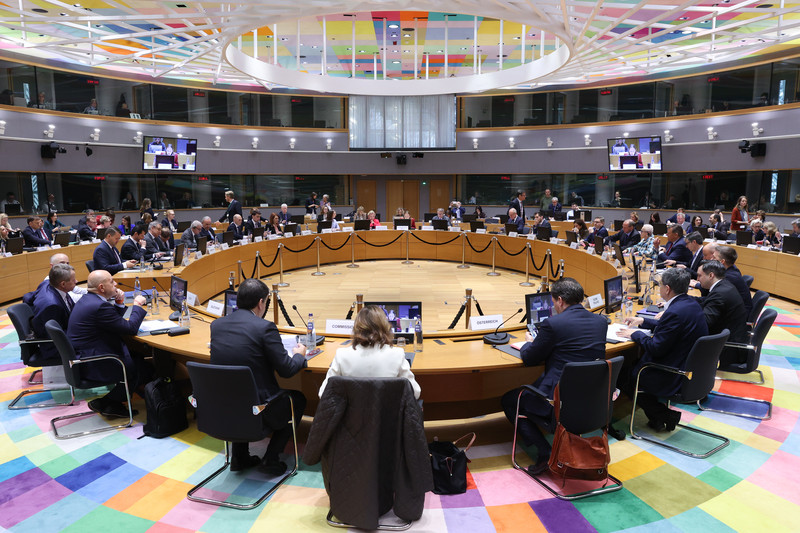Ministers responsible for Cohesion discuss the new Cohesion Policy legislative framework and the future of Cohesion Policy

General Affairs Council meeting on EU’s Cohesion Policy | Author European Commission
Raffaele Fitto, Executive Vice-President for Cohesion and Reform, announced that the European Commission will shortly publish a proposal for changes to the Cohesion Policy legislative framework and is also working on proposals for the next perspective, 2028-2034.
Dr Aleksander Jevšek, Minister of Cohesion and Regional Development, emphasized that Slovenia supports priority areas, including boosting competitiveness, promoting the triple transition, and enhancing resilience and security at both the European Union and national levels. At the same time, Slovenia advocates a strong Cohesion Policy and the allocation of adequate resources to achieve its objectives beyond 2027.
“No Member State or region should be faced with a drastic reduction in the allocated funds,” said Mr Jevšek, who also called for the preservation of the Interreg programmes, which are an important instrument for cross-border and inter-regional integration.
The Minister stated that Slovenia has reservations regarding the introduction of reforms and investments in the proposed plans, as this would entail additional administrative burdens and conditional payments associated with the implementation of reforms. “We should draw on the lessons learned in implementing the Recovery and Resilience Plans. However, a centralised approach does not ensure multi-level governance, stakeholder involvement and is not based on the specific characteristics of the regions,” Jevšek underlined.
According to Minister Jevšek, the new legislative package should be more flexible, allowing Member States and regions to choose investments according to their specific needs, challenges, and opportunities: “It’s essential that the specific characteristics of smaller Member States are considered, which is why Slovenia supports a differentiated approach and possible exemptions. The legislation is too restrictive to meet the current challenges.”
Slovenia has already proposed changes to enhance flexibility and is also in favour of more uniform and simplified rules to reduce the administrative burden for beneficiaries and implementing bodies, bringing more efficient implementation of Cohesion Policy projects, Jevšek added.

